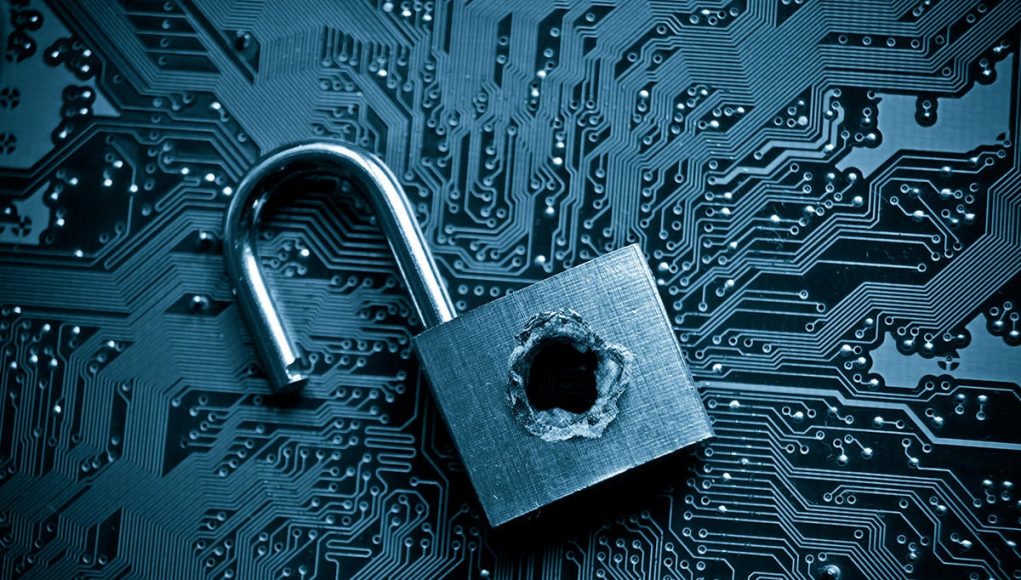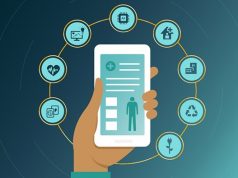Imagine entering your home where the lights turn on automatically, your favorite music starts playing, and your thermostat adjusts to the perfect temperature. Welcome to the world of smart homes, where everything from your fridge to your doorbell is connected to the internet. It’s convenient, sure, but here’s a question we often overlook: just how secure are these smart devices? Let’s dig into the hidden risks of our connected homes.
Navigating Security Risks in Trending Smart Home Devices
We’re living in an era where your coffee maker can remind you to buy coffee beans. But as our homes get smarter, they also become more vulnerable. Here’s a look at couple of trending smart home appliances and the security risks they bring along:
Connected Security Cameras: These gadgets, designed to offer peace of mind, might ironically lead to unexpected concerns. When hackers gain access to camera feeds, the dynamic shifts alarmingly – the watcher becomes watched. There’s a growing trend of unsettling incidents involving hacked baby monitors and home security cameras. Imagine the horror of finding out that a stranger has not only been watching your family but has also interacted with your children through the device. These breaches can happen due to weak passwords, unsecured networks, or outdated software. To combat this, it’s crucial to secure your home network. Consider using a VPN from reputable brands like ExpressVPN to encrypt your home network traffic. This extra layer of security makes it tougher for hackers to infiltrate your network and access your cameras. It’s about transforming your smart home into a safe home. Regularly updating camera firmware, using strong, unique passwords, and monitoring network activity can also help.
But it’s not just about privacy invasion. Once inside your network, savvy hackers can use your camera as a gateway to access other connected devices. This domino effect can lead to broader security breaches, putting your data at risk. The implications are vast, from identity theft to financial fraud.
Smart Speakers and Voice Assistants: It’s hard to imagine a home without Amazon Alexa, Google Assistant, or Apple Siri these days. They’ve become our personal DJs, kitchen timers, and shopping assistants. It’s reported that nowadays 1 in 5 Americans have a smart speaker. However, a startling fact: a study found that these devices can be activated unintentionally up to 19 times a day, potentially recording sensitive conversations. This isn’t just about the occasional accidental activation when you say something that sounds like a wake word. It’s about the times when you’re discussing personal matters, financial information, or even sharing a confidential business idea, and your voice assistant might be listening in.
What’s more, these recordings don’t just stay in your home. They can be uploaded to the cloud, where they’re processed and stored. This raises significant privacy concerns, as these snippets of your daily life could potentially be accessed by hackers, or even by employees of the company that manufactured the device.
As smart speakers become more sophisticated, with features like voice recognition for personalized responses, the amount of data they collect and process will only increase. Understanding and managing these privacy settings is crucial, ensuring that your smart speaker is an assistant, not an eavesdropper.
The Broader Data Risks in Smart Home Ecosystems
But it’s not just voice assistants and security cameras that are gathering data in our smart homes. Consider your smart thermostat, which learns your daily schedule, or your Samsung Wi-Fi-connected fridge which tracks your eating habits. These devices collect vast amounts of data, painting a detailed picture of your lifestyle and routines. This data, if accessed by unauthorized parties, could be used in ways that infringe upon your privacy or even compromise your security. As we integrate more devices into our smart homes, it becomes increasingly crucial to understand the scope of the data being collected and to take steps to protect it. Whether it’s through strong encryption, secure network configurations, or regular privacy check-ups, safeguarding our digital footprint is essential in this era of connected living.
Looking ahead, the smart home market is only going to grow. But with this growth comes a greater responsibility to fortify our digital fortresses. Companies are continually working on enhancing security features, and as consumers, we need to be more vigilant about the devices we bring into our homes.
In wrapping up, let’s remember: smart homes are not just about convenience, they’re about staying connected – safely. It’s crucial to keep ourselves informed and proactive in protecting our digital domains. Here’s to smarter, safer homes in our future!
Follow Technoroll for more!




